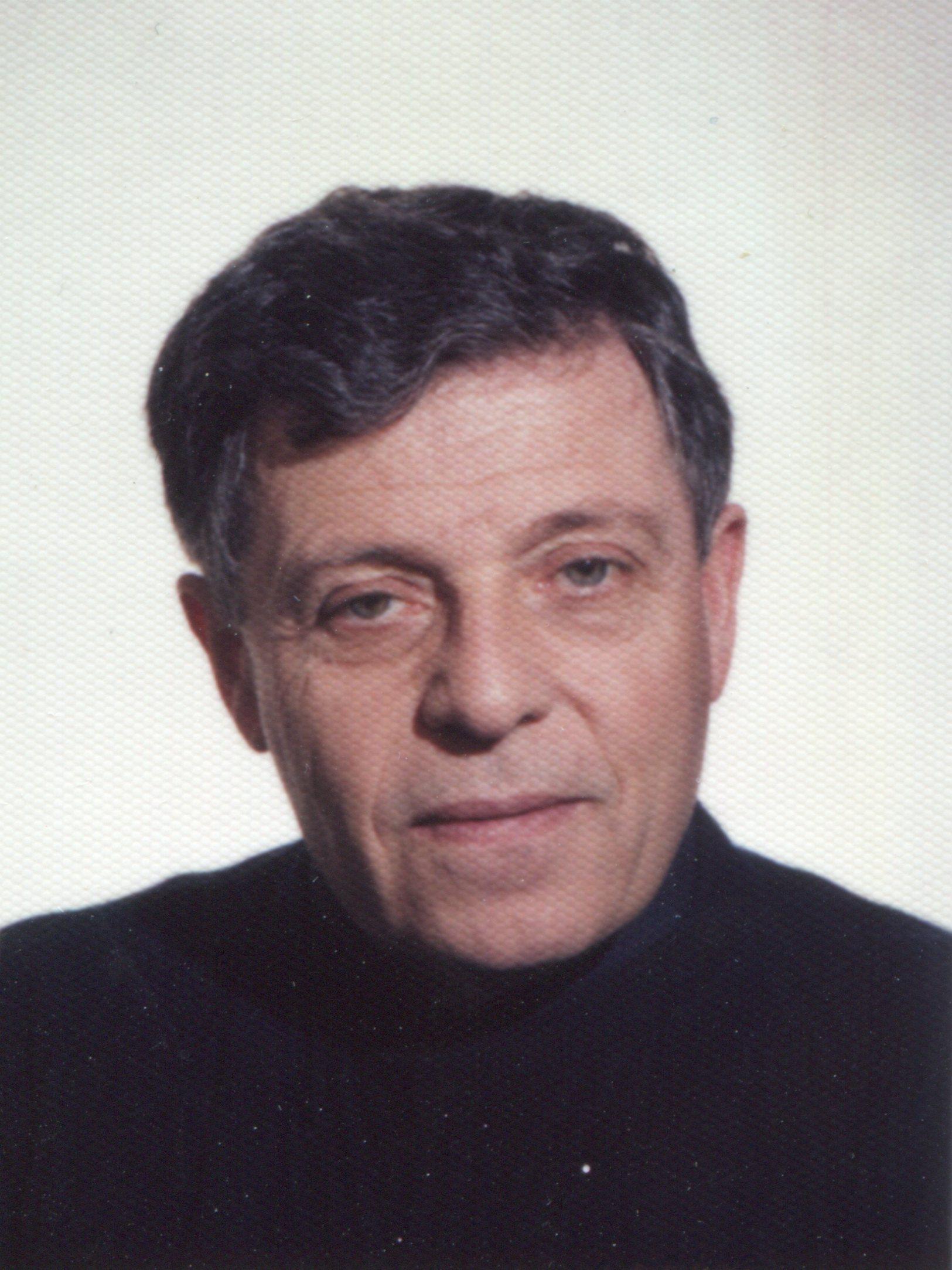Daniel Comboni
Misioneros Combonianos
Área institucional
Otros links
Newsletter
In Pace Christi
Gasperoni Raffaello
Fr. Raffaello Gasperoni was born on 29 September 1933 at Savignano on the Rubicone River, province of Forlì and diocese of Rimini. The son of Paolo and of Elisabetta Zamagni, he lost his father at an early age. The mother provided for the family by running a small fruit store. He began his journey towards the priesthood by entering the regional seminary of Bologna in 1952 and remained there till he finished the philosophical studies. A very good and committed young man, he decided to join the Comboni Institute after listening to one of Fr. Enrico Farè’s talks. This is what he wrote in 1957: “I truly believe that I have finally found my way and myself. From today I feel that I belong totally to Christ. I am sure that, with the help of God and good will, I will be able to bring about that transformation that will make me an “alter Christus” in the true sense of the word”. With the encouragement of his diocesan superiors and of his bishop he entered the novitiate of Gozzano in November 1957, where he then made his first profession on 9 September 1959. In his application to be admitted to his first profession he wrote: “I am well aware of my poverty and limitations: but the love of Christ for me and his thirst for souls compel me to love him in return and to give myself to him with all my strength”.
He attended the scholasticate in Venegono and was ordained priest on 7 April 1962 in Milan by the then Cardinal Montini. From 1962 to 1975 he worked in Italy, beginning his missionary service as vocation promoter in Pesaro.
Those were the challenging days of the great changes brought about by the II Vatican Council, even in our Institute and, particularly, with regard to formation. In 1968 he was sent to Carraia as spiritual director. There, with serenity, he tried to be close to those rather hot-headed students, in order to understand them and to walk with them. Above all, he struggled with his confreres to comprehend the new formation journey of the Institute.
He gave a meaningful contribution to formation, attending in a creative way the 1969 General Chapter, which established the new approach in Comboni formation. After that he went to Padova, where the students from Carraia had been moved, to implement the new formation approach that had emerged from the General Chapter.
He was a fine person, always available, a true friend of young people. From 1973 to 1975 he was in Naples, where a new postulancy had just been opened (the other being in Florence). This long period of time spent in Italy may be best summed up in the words Fr. Tarcisio Agostoni, the Superior General at the time, wrote to him on 28 June 1975, while assigning him to the missions: “I take advantage of this letter to thank you for all the work you have done during the years you spent in the Italian Province. You struggled and suffered for the turmoil formation went through during those years. You were a valid contributor to the process of recuperating the formation values of the Italian Province. Only God can reward you; may the success of the young people you formed be the sign of God’s approval of you as a formator”.
In 1975 he was destined to go to the missions. His first destination was Mozambique but, due to the difficulties in entering that African country at the time, he was switched to Brazil. He worked in Brazil North-East from 1976 to 1990, beginning with pastoral work at Paraibano, in Maranhão. From 1981 to 1987 he was elected provincial. These were not easy times! There was plenty of suffering. His dream was to be of service to others, but reality did not always match his wish. At the end of his mandate he remained in the province until 1990, when he was transferred to Brazil South. At first he was at the scholasticate of São Paulo, helping in formation and acting as parish priest as well. He was provincial treasurer from 1994-1998 and then spent the last three years as parish priest of Carapina, organising small Christian communities.
While in São Paulo, Fr. Lello’s health began to deteriorate. He had to return to Italy towards the end of 2001 and went to Verona for medical treatment, always in the hope of recovering and go back to Brazil. While at home for the Christmas holidays he died at the hospital in Rimini in the morning of 5 January 2002, the vigil of the Epiphany.
Fr. Lello had the great gift of relating to people. Many Comboni Missionaries had him either as formator or as member of the community. His presence and his work have left a mark in many people. He was a blessing for the Institute and for all who met him during his missionary life. May his example and his prayers assist young people who are preparing for the missionary service.

